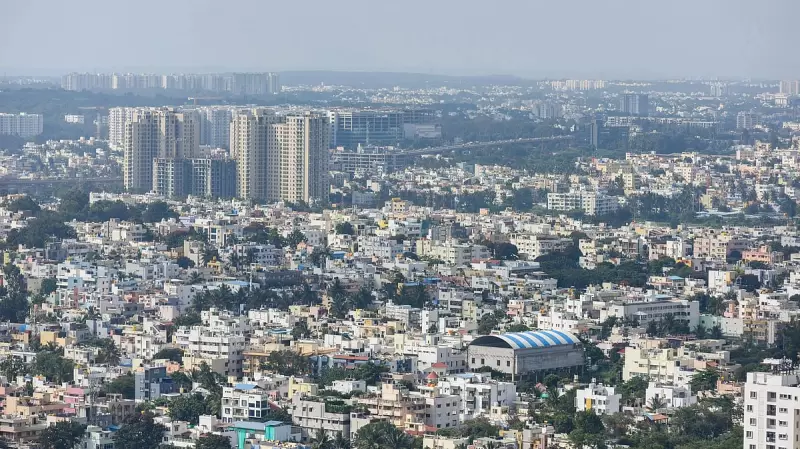
Bengaluru, once celebrated as India's Garden City, now finds itself choking under the weight of its own success. The city's legendary traffic jams have become more than just inconvenience—they're symptoms of a deeper mobility crisis demanding urgent, people-centric solutions.
The Human Cost of Gridlock
Every day, millions of Bengalureans waste precious hours stuck in traffic, breathing polluted air, and sacrificing family time and productivity. The economic toll runs into thousands of crores annually, while the environmental and health impacts continue to mount. This isn't just about cars moving slowly—it's about lives being put on hold.
A Paradigm Shift: People Over Vehicles
The solution requires a fundamental rethinking of urban mobility. Instead of building more roads for cars, we need to prioritize sustainable modes of transport that serve the majority of citizens, not just vehicle owners.
Key Pillars of Transformation
Revolutionizing Public Transport
BMTC and Metro services need complete overhaul—more frequency, better connectivity, and integrated ticketing systems. Making public transport the first choice, not the last resort, should be the primary goal.
Safe Walking and Cycling Infrastructure
Pedestrians and cyclists form the invisible majority of Bengaluru's commuters. Dedicated cycling lanes, wider footpaths, and safe crossing points can transform last-mile connectivity while promoting healthier lifestyles.
Integrated Mobility Solutions
Seamless integration between Metro, buses, auto-rickshaws, and ride-sharing services through unified digital platforms can create a truly efficient transport ecosystem.
The Road Ahead: Challenges and Opportunities
While the vision is clear, implementation faces hurdles—political will, funding constraints, and changing long-established behaviors. However, the growing public demand for better mobility and emerging smart city technologies present unprecedented opportunities for transformation.
The time for piecemeal solutions is over. Bengaluru needs a comprehensive, citizen-focused mobility strategy that addresses current challenges while building sustainable systems for future generations. The city's economic vitality and quality of life depend on getting this right.





